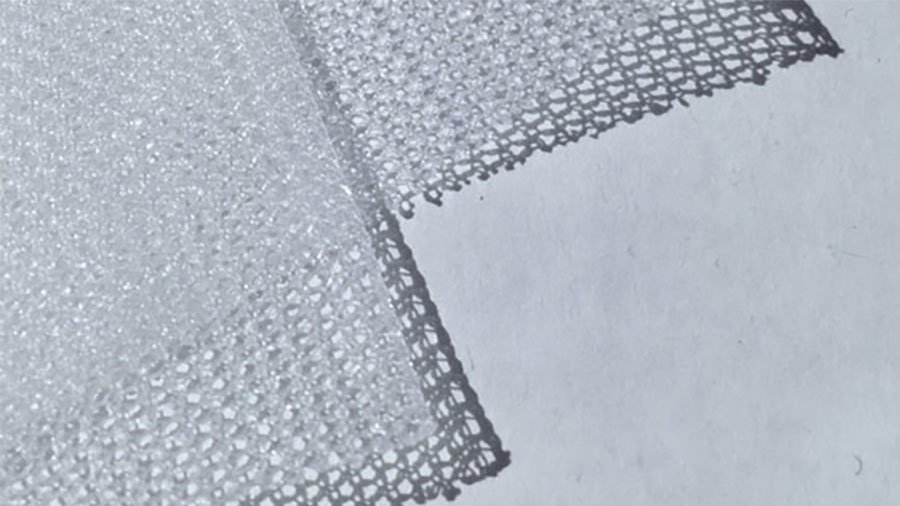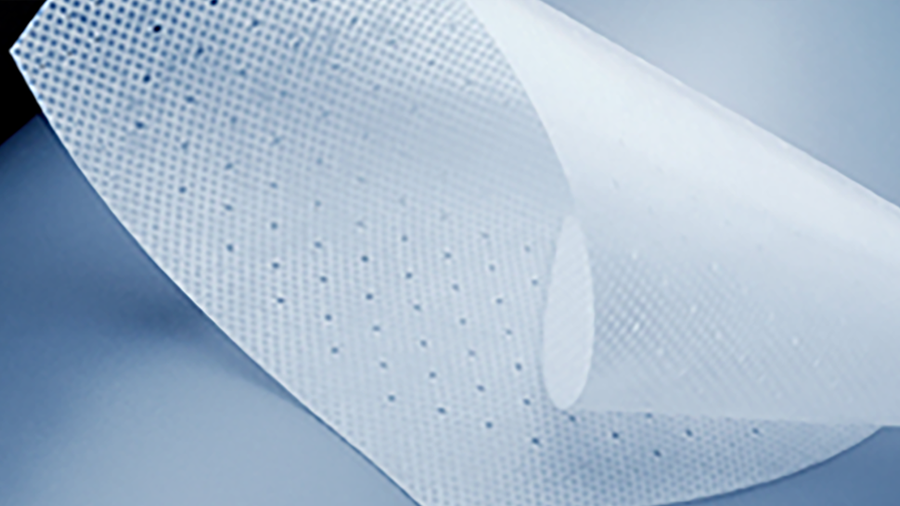About Hernias
Causes. Types. Treatments
SURGIMESH™ Patient-Centered Journey (SPJ) Surgeons and staff will provide you with complete transparency regarding what hernia procedure is best for you. During your SPJ office visit, you will get to touch and feel the state-of-the-art repair mesh SPJ practices use compared to other commonly used repair meshes. Below you will find information about hernias and frequently asked questions to prepare for your SPJ office visit.
What is a hernia?
A hernia is a weakness or tear in the abdominal wall that allows tissue or an organ (commonly the intestines) to protrude through the weak abdominal area. The hernia can be caused by a previous incision, lifting heavy objects or being overweight — all of which can put strain on your abdomen. Other common causes will be discussed during your SPJ office visit.
Hernia types

Hernias most frequently occur in the groin, abdomen, around the navel, or where prior abdominal surgery created a weak spot. No matter what type hernia you have, SPJ will provide you with the best treatment options getting you back to your life quicker.
A Ventral or Incisional Hernia is located in the belly or abdomen.
An Umbilical Hernia is located at the navel (belly button).
A Femoral Hernia is located in the upper thigh and is more common in females.
An Inguinal Hernia is located in the groin and is more common in males.
Hernia treatment

Sarasota FL
“With our current technology and materials, patients now can undergo major hernia surgery with little if any pain and very rapid return to work and full activity”
Read More >
See all Testimonials >
Is treatment necessary for a hernia?
It is necessary and important to have a hernia surgically repaired. Hernias do not resolve on their own. Surgery is the only way to repair a hernia. If a hernia is left untreated, it can increase in size, become more painful, and in some cases lead to a more serious complication.
How do Surgeons typically repair hernias?
Surgery is performed to reinforce the weakened abdominal wall tissue and repair any openings. The most common hernia repair techniques are standard open hernia repair and minimally-invasive laparoscopic hernia repairs, both using mesh implants. Mesh repair is the proven standard in adult hernia repair. Understanding all of your options will help you have a meaningful discussion with your Surgeon to explore which surgical method is best for you.
How are hernias repaired?
Most hernias today are repaired with surgical mesh to reinforce a hernia defect or hole and reinforce that area of the abdominal wall. Mesh is made of a flexible synthetic material that is implanted into the abdominal wall and remains for a lifetime. There are different types of mesh available which produce very different results in patient outcome.
21st Century / State-of-the art mesh (versus older types of mesh) can reduce pain, reduce the risk of developing complications, and minimize recurrence to near zero. It’s important to know if your Surgeon is planning to use state-of-the art mesh instead of the 30-year-old technologies still being used today in many hospitals and surgery centers. Make sure to ask your SPJ Surgeon to let you hold and feel the type of hernia mesh your SPJ Surgeons use. The SPJ practice should also have an older mesh on hand for demonstration purposes so you can compare. You will immediately see and feel the difference. Please read more below about the meshes SPF Surgeons use.
What type of hernia mesh do SPJ-Certified Surgeons use?
SPJ Surgeons use an advanced, innovative, softer mesh which gets you back to your life quicker. The mesh is formed from advanced non-woven microfibers that integrate into surrounding tissue very quickly. Older meshes are knitted/woven meshes that take longer to integrate into surrounding tissue, and many times do not fully integrate. Clinical studies have proven that the non-woven mesh SPJ Surgeons use is the best short and long term solution for the best possible patient outcomes. Many Surgeons using this advanced mesh report that their patients feel much better after their hernia repairs. Based upon use of the older style meshes still in the marketplace, published reports describe pain complications as high as 30 to 40%. Feel free to ask your SPJ Surgeon for clinical studies during your first office visit.


Why Choose SPJ? What to expect with treatment (FAQs)
Note: The information provided here is not intended to be used for diagnosis or treatment or as a substitute for professional medical advice. Please consult a qualified healthcare provider regarding your condition and appropriate medial treatment. If you think you have a hernia, see your healthcare provider who can confirm the diagnosis and discuss your treatment options.